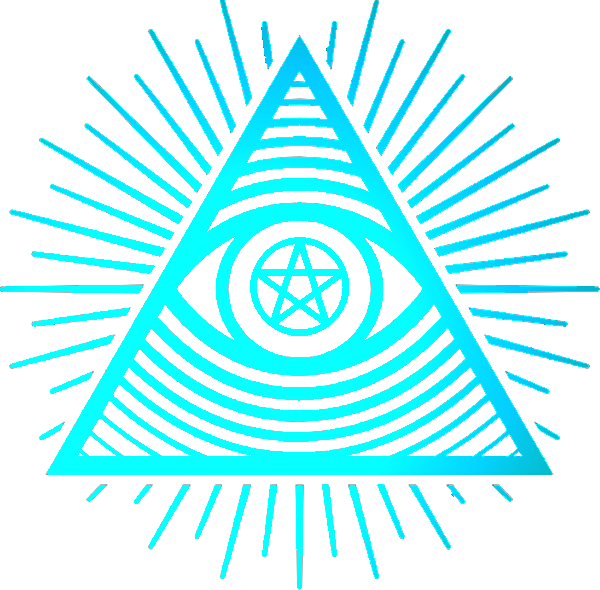Before we start this review I’d like to clarify that I’m a pretty active witch. Within the classifications of types of witchcraft I would be considered an eclectic witch; my life is a 24-hour magical journey and magic is part of my reality. It is not a superficial pose to be cool, it is a way of life that I am passionate about and it is part of who I am today.
A strange repulsion invaded my heart when I first saw the new version of Sabrina on Netflix. All the Satanist paraphernalia seemed pretty superficial to me and I felt like they were doing the witch community a disservice. I remembered the previous series being much more innocent, and although I wasn’t expecting the same series, that whole world dark and gloomy at first seemed like the series was trying too hard to distance itself from the previous series.
Well, I have to admit that I was judicious and that I was quite wrong.
The series is a breath of fresh air (or stale perhaps) and has more depth than I had initially anticipated.
Spellman’s family worship the Dark Lord, Baphomet, Lucifer, the angel who fell from heaven. The cult is a secret for the human mortals in the town of Greendale. Because of their dark faith they are endowed with supernatural powers that allow them to live long lives and perform magic. They study at the Academy of Unseen Arts where they learn all about the occult arts. Sabrina (Kiernan Shipka) begins the story at the age of 16, just as she must sign the Book of the Beast and become a faithful follower of the Dark Lord.
The fact that Sabrina was born from the union of a witch and a mortal is exceptional; in the community of witches it is not well seen to fraternize with humans, it does not make sense due to the difference in the aging process, simply because while witches can live centuries easily, mortals die quickly. The protagonist of the series is also exceptional for her personality, admirable in fact. Her entire family has followed this dark tradition for generations, have given their lives to the cause of the Dark Lord, but Sabrina refuses to diligently surrender her will to anyone; she is the queen of her destiny.
The only compass she uses throughout the show is her internal moral code which, although at first glance it might seem a bit typical of a Hollywood show heroine, the truth is that as the show goes on I realize that this is not entirely the case. Sabrina’s character evolves in the show along with her friends. Sabrina’s doubts and her determination not to give in to her alternative vision of reality is what gives meaning to the story and the message it conveys.
Talking to a friend made me realize that this situation is framing the thousand and one stories of people who have been raised in an oppressive religious context in which there is no opportunity for doubt; things have always been done one way, by tradition, and you cannot get out of that way or you are ostracized. Sabrina’s doubts begin to generate doubts in her community the moment she reacts and shows her disagreement with everything that is happening, and above all, with signing her freedom in a contract with the Devil to obtain supernatural powers, or to strengthen them.
Her challenge makes a lot of sense if we consider how her father also defies the estates and falls from the sky, dying together with her mother when they were traveling to Italy.
The cast of characters is very varied and inclusive, as is usual in Netflix productions. That makes the show quite interesting subplots to follow, more or less linked to the main magick plot. I’d like to make special mention of Sabrina’s aunts, Celda (Miranda Otto) and Hilda (Lucy Davis) who, like in the classic series, are very charismatic characters and, above all, the actress who plays Lilith (Michelle Gomez) who I think has helped bring to life an indispensable character in the series.
Although in some points the series is a bit simplistic I think that in others it is not at all.
The end of the third season is very revealing as it names a goddess, Hecate, whom I have followed continuously since I started my journey in witchcraft. It remains to be seen if in future seasons are going to be able to maintain the level, not fall into stereotypes, although sometimes funny, they had been used so many times repeated in Hollywood trying to be inclusive that can be boring. I think this series is on the border between using too much and know how to use them well to surprise the viewer when less expected.
I can’t say more about this series without ruining it with spoilers, it’s recommended if you’re interested in fantasy and classic horror typical of American Halloween. If you are a practitioner of witchcraft or magic it is possible that in the beginning everything squeaks a little bit, but if you give it a chance I am sure that a hidden message will surprise and make you have one or two thoughts.




